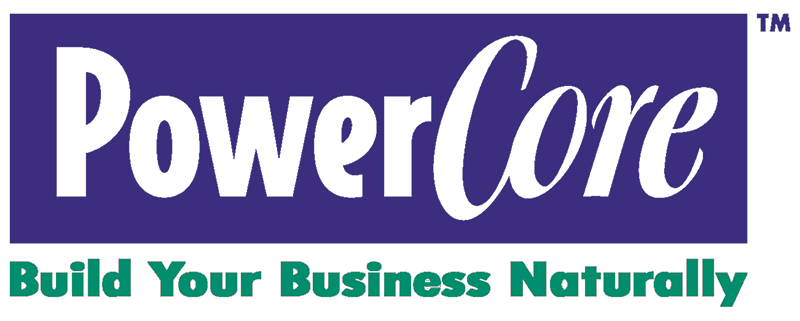What To Do To Get Referrals: Action > Prepare
Share what you prepare for with a client, and how long it takes you.
Whether it’s 15 minutes to pull a CMA for a listing appointment, or a glance through your notes after the last meeting, how do you prepare?
- Is there something special you need for clients, but not for prospects?
- Is some part of your presentation customized? How far in advance can you do that?
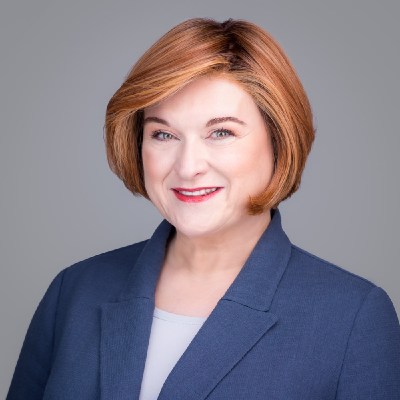
Response from Wendy Kinney
from the PowerCore Team
When a Member schedules coffee with me they generally have a specific question.
Often I'll send them Dan Sullivan's Impact Filter https://images.app.goo.gl/V77Jd9zDycm44Heh6
I like to have it back at lease a week before the meeting, to have time to ponder, cogitate, mull - and pull together the response and tools specific to them.
My goal is to bring the working papers they need my attention with.
I want to give them what they need to make money!
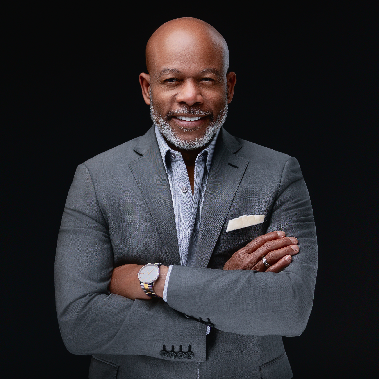
Response from Saurel Quettan
from the Candler Park Team
Before every consult, I review the client’s completed exeQfit Diagnostic. It tells me what’s missing, not just in systems, but in how they think about their business.
Prep takes about 20 minutes. I’m not pulling a template, I’m reading between the lines. I’m looking for patterns, gaps, and where overwhelm has turned into inertia.
This isn’t a pitch. It’s a co-creation session. And every one is customized because no two businesses break down in the same place.
What I need from them is simple: honesty in their answers. What they get from me is clarity on what to fix, in what order, and why it matters.
That’s the difference between meeting a consultant and meeting a transformation partner.

Response from Tom Wallace
from the Peachtree City Team
For my clients, 15-20 minutes of preparation before a meeting allows me to review notes from our last session, along with any homework or correspondence they have sent. I also have all this in front of me when our session begins in case I need to reference it.
For prospects, as part of their scheduling process, I ask what information they feel is helpful for me to know before the meeting. I review this 15-20 beforehand so I am prepared for our discussion.
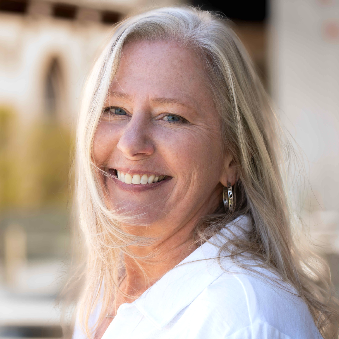
Response from Connie Bridges
from the Decatur Team
When I prepare for a client meeting, I want them to know I value their time and business. For example, before every Broker Opinion of Value appointment, I spend about 30 - 45 minutes reviewing recent land sales, pulling zoning maps, and checking for any new development activity nearby. I also look back at my notes from our last conversation to make sure I remember any personal details or goals they shared-like if they’re considering holding the property for family or want to sell quickly for a new investment.
For clients, I take it a step further: I’ll customize a summary page that highlights how their land compares to similar properties, and I’ll even print out aerial maps with boundary lines marked. This extra preparation helps me answer their questions right away and shows them I’m invested in their success, not just making a sale.
If you see someone with plat maps in their glovebox and a stack of county paperwork on the kitchen table, that’s my ideal client-they’ll notice the difference when I come prepared just for them.
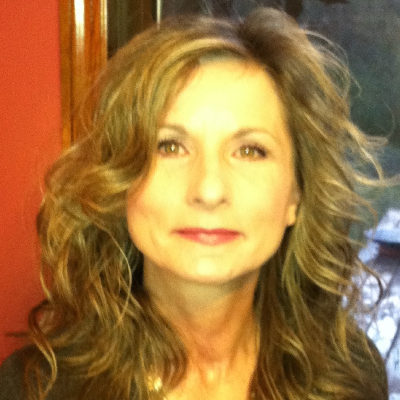
Response from Heidi Franz
When preparing for meetings with existing clients, I dedicate time in advance to review their previous financial reports and our past meeting notes. Typically, this takes about 20 to 30 minutes. I make a point of noting any key questions or concerns they’ve shared before, so I can proactively address them. For current clients, unlike prospects, I also double-check recent communications from their CPA or tax preparer to ensure I’m aligned with their broader financial strategy. Every meeting agenda is customized—I often prepare these at least two days ahead, allowing time for clients to review and add items if needed. This tailored preparation not only saves valuable meeting time but shows my clients that I'm attentive and fully invested in their continued financial success.

Response from Brandon Respress
from the North Fayetteville Team
Whenever I start working with a new client, I like to kick things off with a Zoom call. It gives us a chance to enter their information into our system together and walk through the process step by step. During this call, I explain something important—I'm a mortgage broker, which means I work for the client, not the lender. I have access to over 270 different lenders, and my job is to find the best loan product that fits their unique qualifications.
We review their full application, including a credit pull, and I outline the documents needed to verify everything—income, assets, employment, and even military service if that applies. Once we have all the paperwork in, I can confidently issue a pre-approval letter that isn’t just a formality—it’s a green light to close. That kind of certainty matters to everyone involved.
I also coach clients on how to protect their approval status. That means no new debt, no draining your savings, and no career changes—especially switching from W-2 to 1099 income. My goal is to make sure they avoid missteps that could delay or derail their closing, and to support the professionals representing them—like their realtor—by keeping the deal on solid ground.
Finally, I share simple ways clients can protect their identity and peace of mind, like freezing their credit, registering on the Do Not Call list, and signing up at optoutprescreen.com to stop unwanted credit offers.
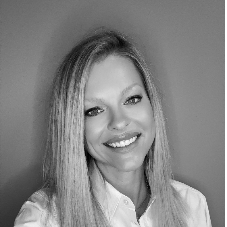
Response from Lacy Loyd
from the Newnan Team
I offer an Emergency Response Plan to business clients—it's a no-cost, non-binding agreement that helps them be ready before disaster strikes. Preparing for a presentation takes about an hour. I customize it based on work we've done for similar properties, and I research the company as much as possible to make it relevant. The goal is for the client to see exactly how this plan fits their location and why it matters before an emergency ever happens.
